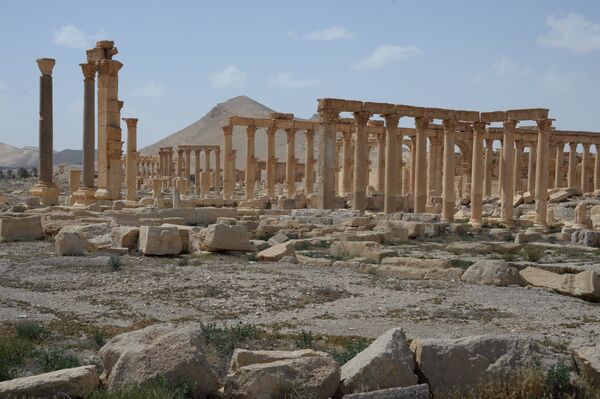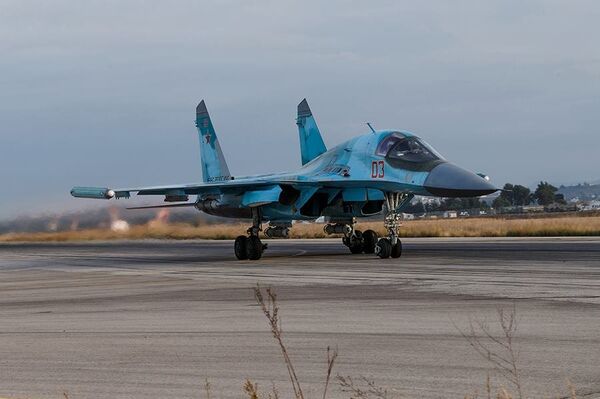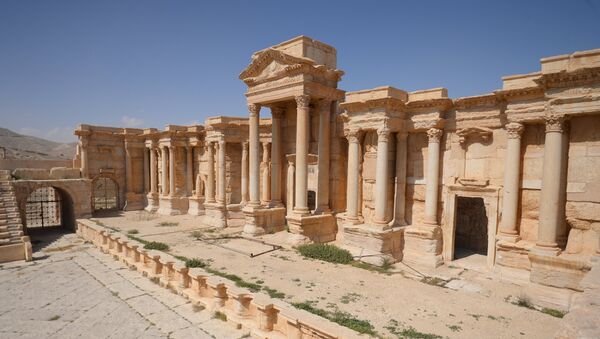The long-awaited victory of the Syrian Arab Army and its allies, particularly Russia, has been hailed as a success both for Damascus and Moscow.
"Retaking the desert city, a UNESCO world heritage site known for its Roman-era ruins, is a substantial victory for Syrian President Bashar al-Assad," the Washington Post asserted. It is also "a victory for Russia's military involvement in Syria."

But implications of Moscow's military engagement in Syria go beyond the liberation of Palmyra.
The multinational airstrike campaign has been largely credited with helping Damascus-led forces turn the tide of war and deal a heavy blow to Daesh. Moscow has also contributed to turning the Syrian Arab Army into the capable and motivated force it is today.

Daesh captured and partially destroyed Palmyra in May 2015 as part of an effort to prove that the group was as powerful and resilient as in mid-2014 when it shocked the world by seizing Mosul, the second largest city in Iraq, and advancing towards Baghdad. The militants also recognized the ancient city's strategic value. The city's location will now work against the terrorist group.
Damascus-led forces "can use Palmyra as a stepping stone for offensives against [Daesh]-held territory in Syria's eastern desert, where the militants are entrenched in Deir ez-Zor, as well as the self-proclaimed caliphate's de facto capital in Raqqa," the Guardian explained.
Die Zeit noted that the Palmyra victory could help the SAA to "decisively weaken" Daesh.
Michael Stephens of the Royal United Services Institute highlighted the psychological aspect of the victory, calling it "a step in chipping away at the group's power base, both geographically and strategically, as well as debasing the myth that the caliphate's armies are all-conquering and unable to be defeated."




